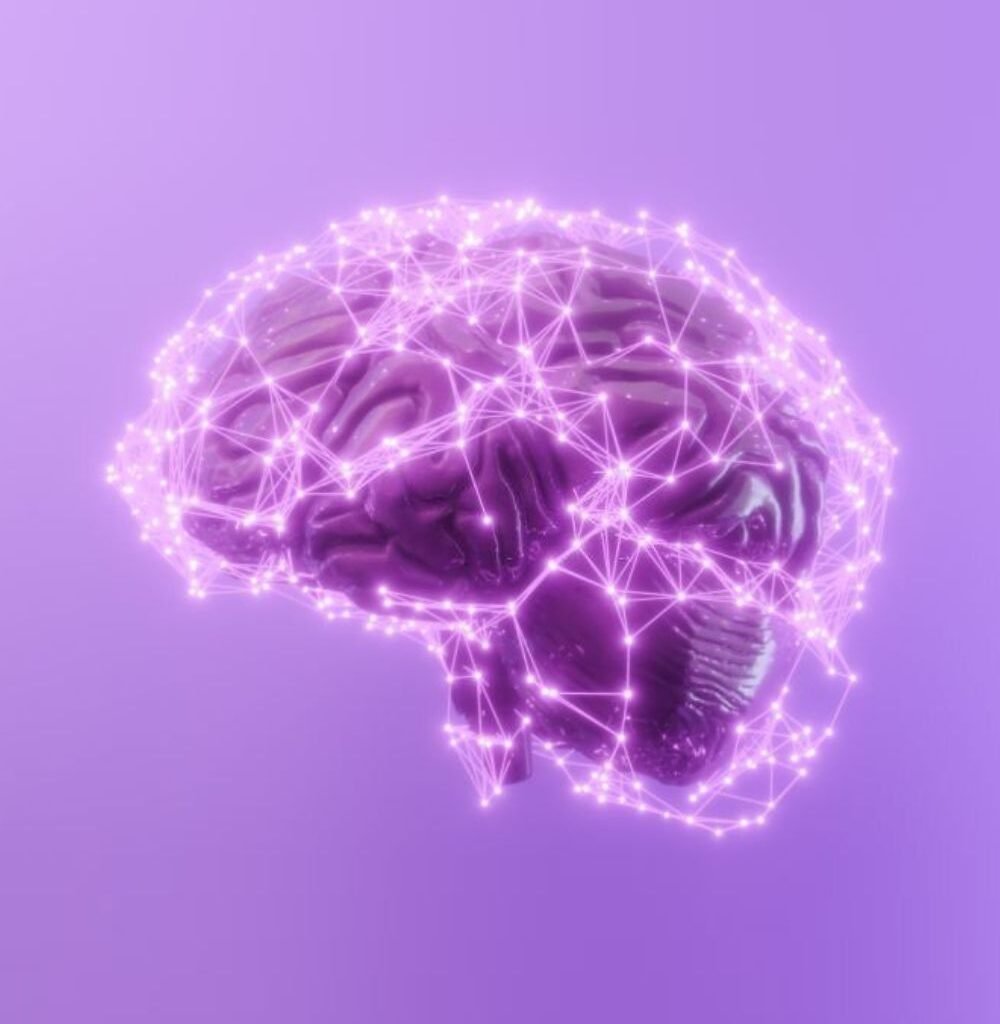Artificial Intelligence (AI) is transforming the way we live and work. From healthcare to finance, AI has the potential to revolutionize many aspects of our lives. However, with such a powerful technology comes great responsibility, and it is important to consider both the positive and negative implications of AI before its widespread implementation. In this article, we will explore the basics of artificial intelligence, its applications in various industries, its impact on society as a whole, and the ethical considerations that accompany its usage. By taking into account not only the advantages but also the limitations and potential for misuse of AI, we can ensure that it is used responsibly and ethically for everyone’s benefit.
Overview of artificial intelligence
Artificial Intelligence (AI) is a rapidly emerging field of computer science that focuses on creating intelligent machines. AI studies how to build computers that can sense, comprehend, act and learn. How these “intelligent” machines interact with humans is becoming an increasingly important part of the conversation as AI technology advances. AI systems are being used in various industries, such as healthcare, finance, transportation, hospitality, retail and marketing, to solve complex problems and make decisions without direct human input.
The potential for AI to revolutionize many aspects of our lives is vast. In healthcare alone, AI systems can be used to diagnose diseases more accurately and quickly than ever before. In finance, AI can help institutions better manage risk by analyzing large amounts of data in real-time. And in hospitality and retail markets, AI can be used to personalize customer experiences based on customer preferences while also helping optimize inventory levels and boost sales revenue.
The possibilities for this technology are almost endless – but so too are the ethical considerations that accompany its usage. With great power comes great responsibility; it is essential that any use of artificial intelligence be done in a responsible manner – taking into account not only the advantages but also the limitations and potential for misuse of this powerful tool. It is up to us as a society to ensure that we use this technology responsibly for everyone’s benefit.
Applications of artificial intelligence
The potential of artificial intelligence is immense and its applications have already begun to revolutionize many aspects of our lives. In healthcare, AI-powered systems are being used for medical imaging and diagnosis, as well as providing personalized health advice through chatbots. In the finance sector, AI is aiding algorithmic trading and automated portfolio management. Industrial automation has seen great gains thanks to robotics and machine learning systems which can autonomously carry out complex tasks. Natural language processing is helping government offices analyze legislation quickly and accurately while intelligent tutoring systems are making education more accessible by providing personalized instruction tailored specifically towards students’ individual needs and interests.
The advantages of AI in these various industries are clear but it’s essential that this technology is utilized responsibly, ethically,and transparently so that everyone benefits from its implementation. With its remarkable capabilities, there’s no doubt that AI will continue to shape our lives in the years ahead.
Impact of artificial intelligence on society
The potential impacts of artificial intelligence on society are immense. AI can automate mundane tasks, reduce costs, and enable more natural interactions between humans and machines. It can also be used to analyze large datasets and create more personalized experiences for users. As AI continues to develop, it has the potential to revolutionize many aspects of our lives.
For instance, in healthcare, AI could be used to diagnose diseases faster and more accurately than ever before. In finance, AI-enabled algorithms could help detect financial fraud or optimize stock trades with greater accuracy than manual methods. In industrial automation, AI can enable machines to complete complex tasks with unprecedented speed and accuracy. Natural language processing could allow for better customer service experience by understanding customers’ emotions better through voice recognition software. Finally, intelligent tutoring systems could provide students with personalized learning experiences tailored to their individual needs.
However, while there is great potential for AI to positively transform our lives, there are also ethical considerations that must be taken into account when creating these systems. For example, developers must ensure that their algorithms do not discriminate based on gender or race as this could lead to unfair treatment of people in certain groups when using automated decision-making systems. Additionally, companies must ensure that they have proper security measures in place so that malicious actors cannot take control of their AI systems and use them for nefarious purposes such as manipulating stock prices or conducting cyber attacks.
Therefore, it is essential that developers understand the implications of using artificial intelligence and build robust ethical frameworks around its implementation in order to ensure it is used responsibly for everyone’s benefit
Limitations of artificial intelligence
Overall, artificial intelligence presents a great opportunity for organizations to increase efficiency and accuracy in their operations. However, when creating and using AI systems, it is important to be aware of the potential limitations such as difficulty transferring knowledge from one environment to another, susceptibility to malicious attacks, bias within data sets and rapid obsolescence. By taking these factors into consideration and investing in the necessary security measures, organizations can ensure their AI programs are successful upon deployment into production environments.
Ethical considerations with artificial intelligence
As Artificial Intelligence (AI) technology advances, it is becoming increasingly important to consider the ethical implications of its development and use. AI has the potential to revolutionize many aspects of our lives, from healthcare to finance, but if used irresponsibly, it can cause significant harm. There are a number of ethical considerations that must be taken into account when developing AI programs, such as the potential for misuse, replacement of human labor and bias in decision making.
One of the major ethical considerations with using AI technology is the potential for misuse. While AI can be used to automate mundane tasks and provide more personalized experiences for users, malicious actors can also use it for nefarious purposes; for example, by creating fake accounts or spreading misinformation online. It is therefore important to ensure proper security measures are in place when developing AI programs so they cannot be misused by malicious actors.
Another ethical issue related to AI is the possibility of replacing human labor with automated processes. While this could potentially result in increased efficiency and cost savings for businesses, it could also lead to job losses and exacerbate economic inequality. Therefore, organizations should consider how their implementation of AI will affect their workforce before deploying any artificial intelligence systems into production environments.
Finally, there is a risk that AI will be biased in decision making due to underlying data sets or algorithms being flawed or weighted incorrectly. This could result in decisions being made that don’t take into account all relevant factors or are discriminatory towards certain groups; this could have serious consequences for those affected by these decisions. To prevent this from happening, organizations should invest in comprehensive testing before deploying any artificial intelligence systems into production environments and ensure that these systems abide by applicable laws and regulations at all times.
Ultimately, organizations must ensure that they create ethical standards when developing AI programs so they can be used responsibly and transparently without negatively affecting society as a whole. It is only through responsible implementation that we can unlock the full potential of artificial intelligence technology while protecting against any potential misuse or harms caused by its application.






